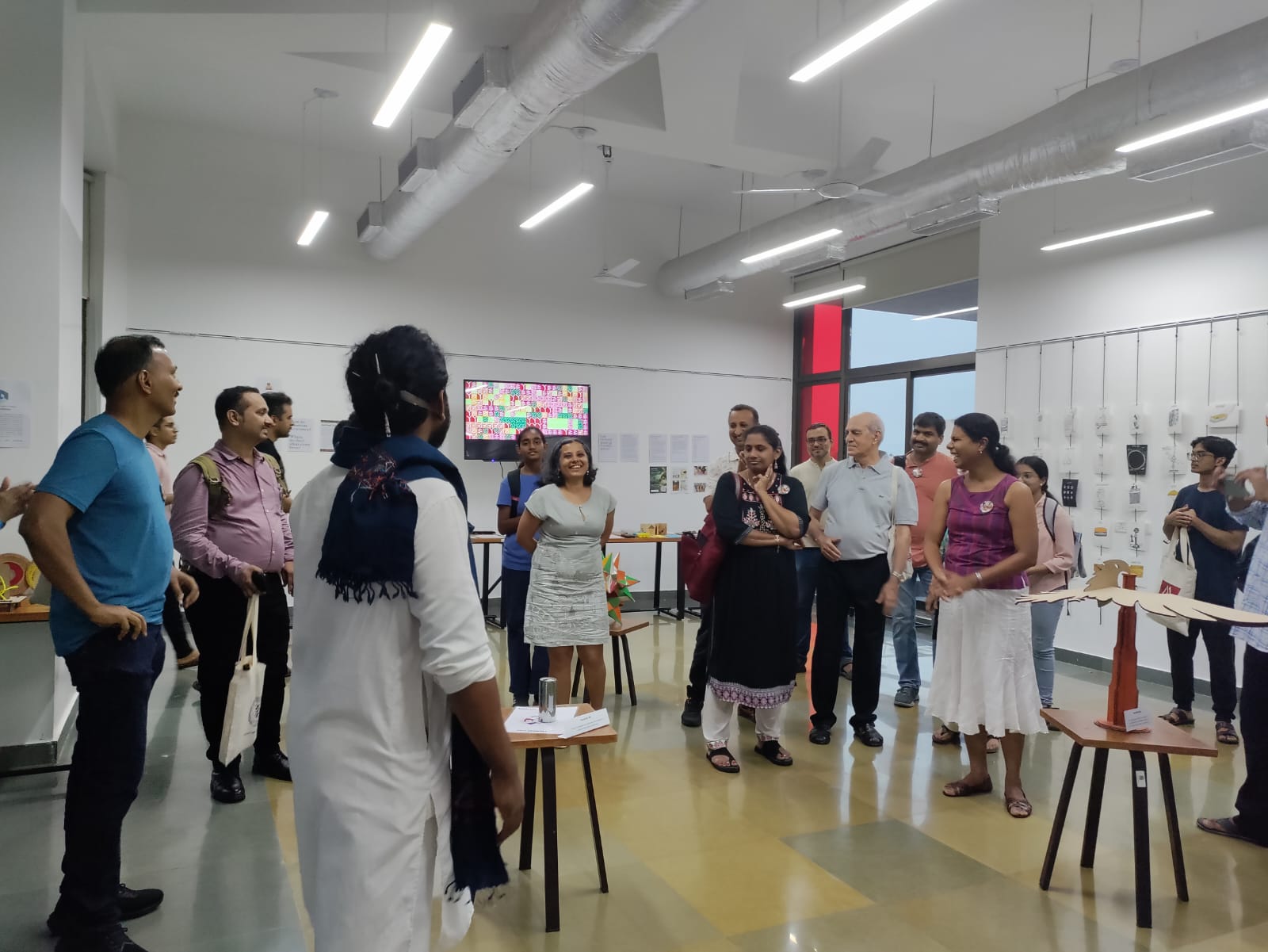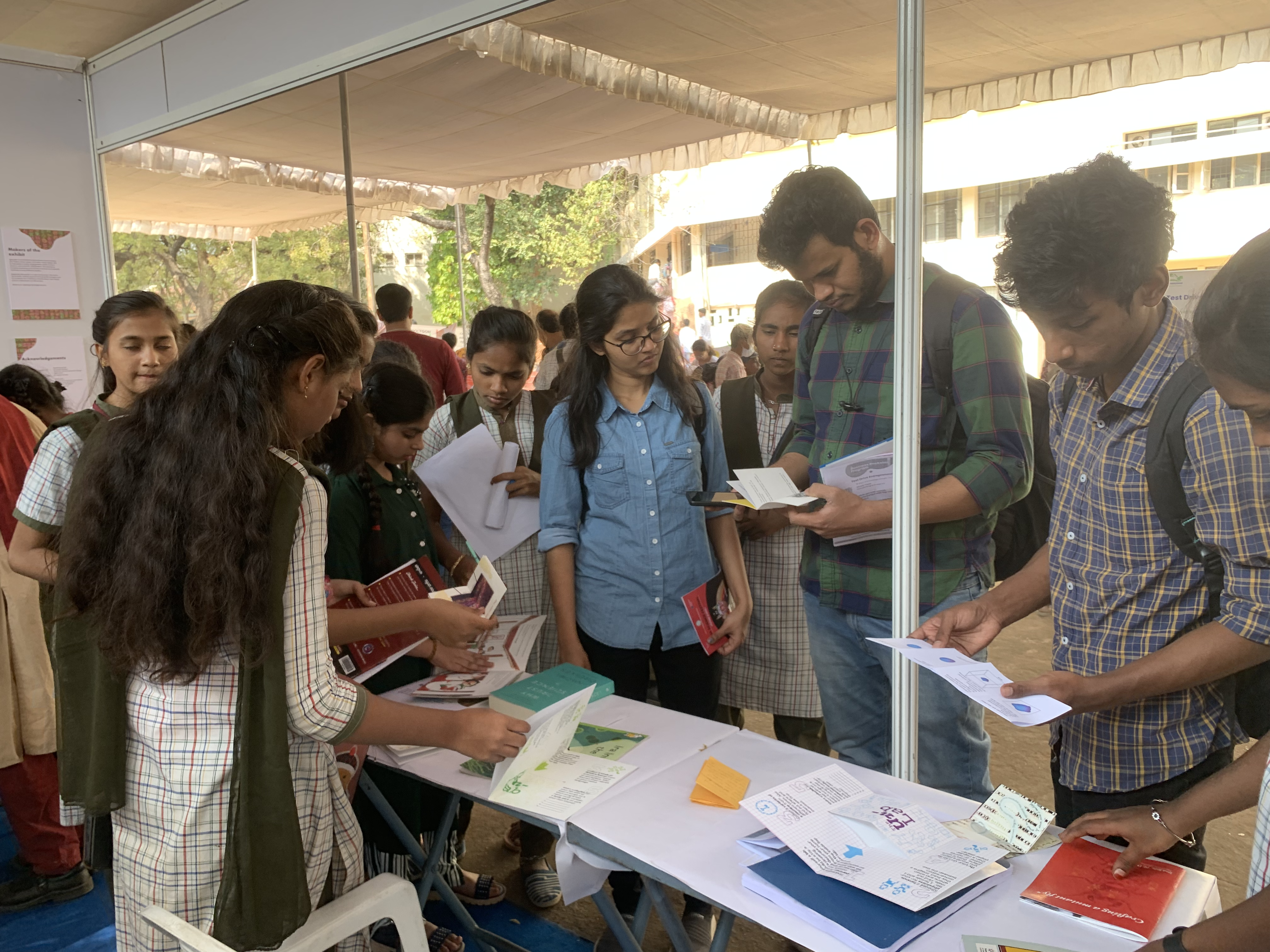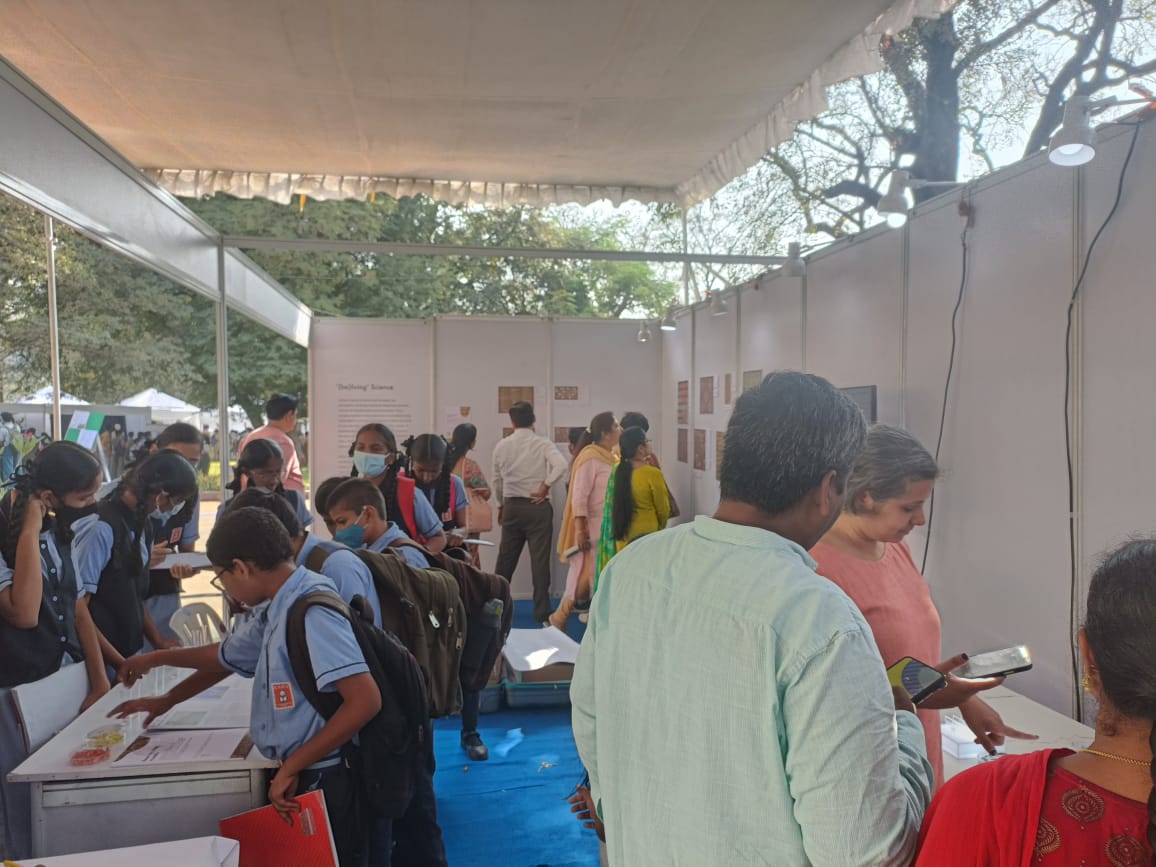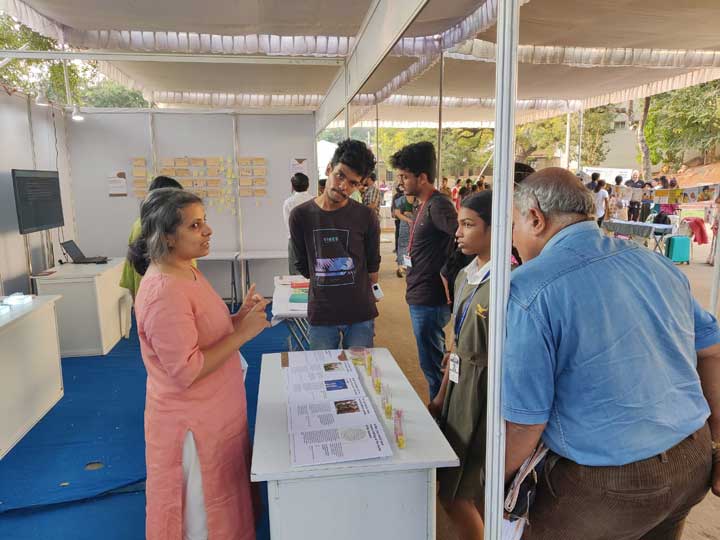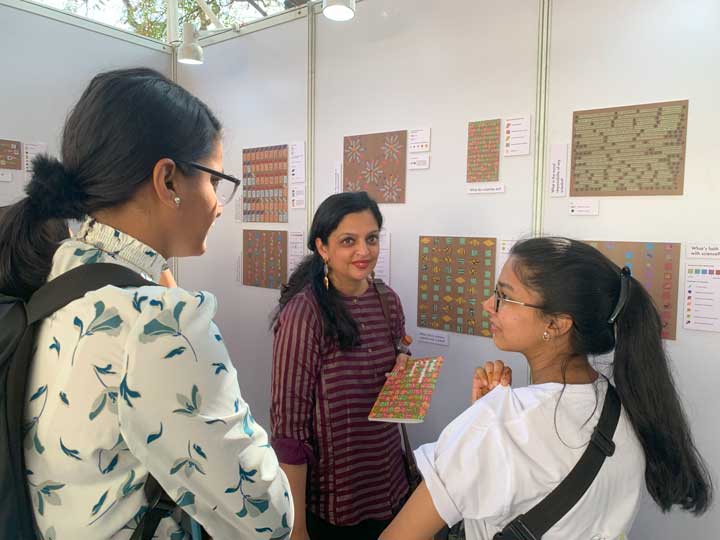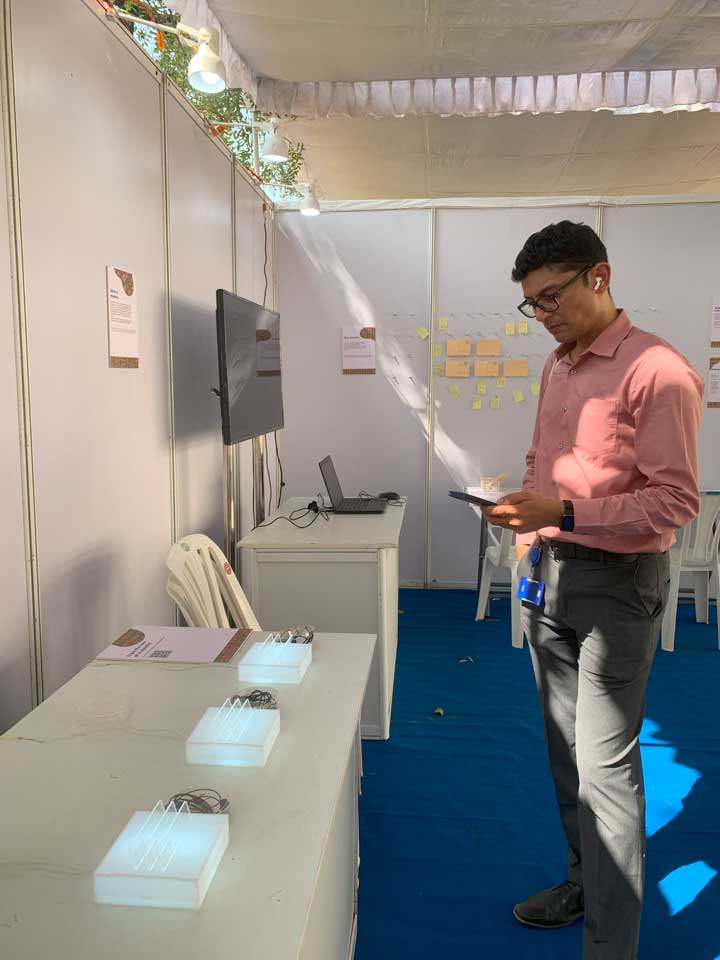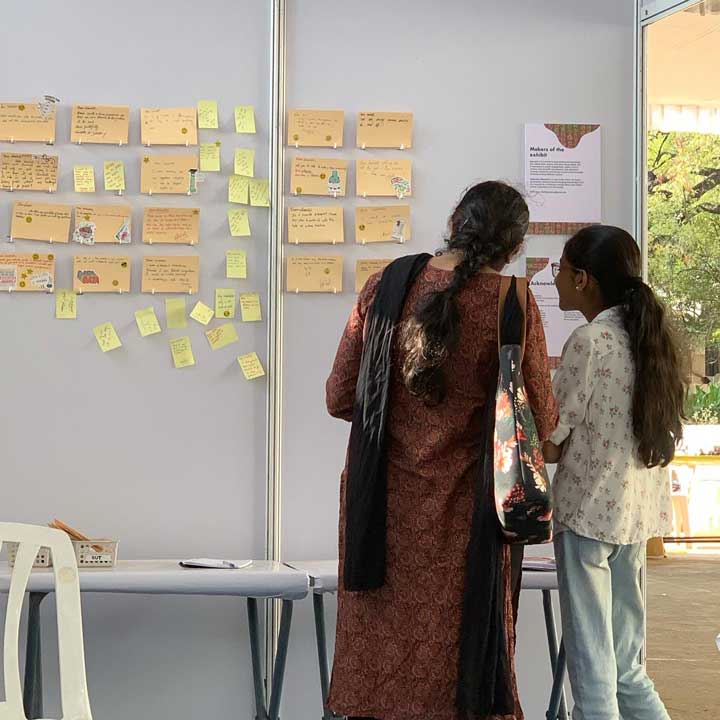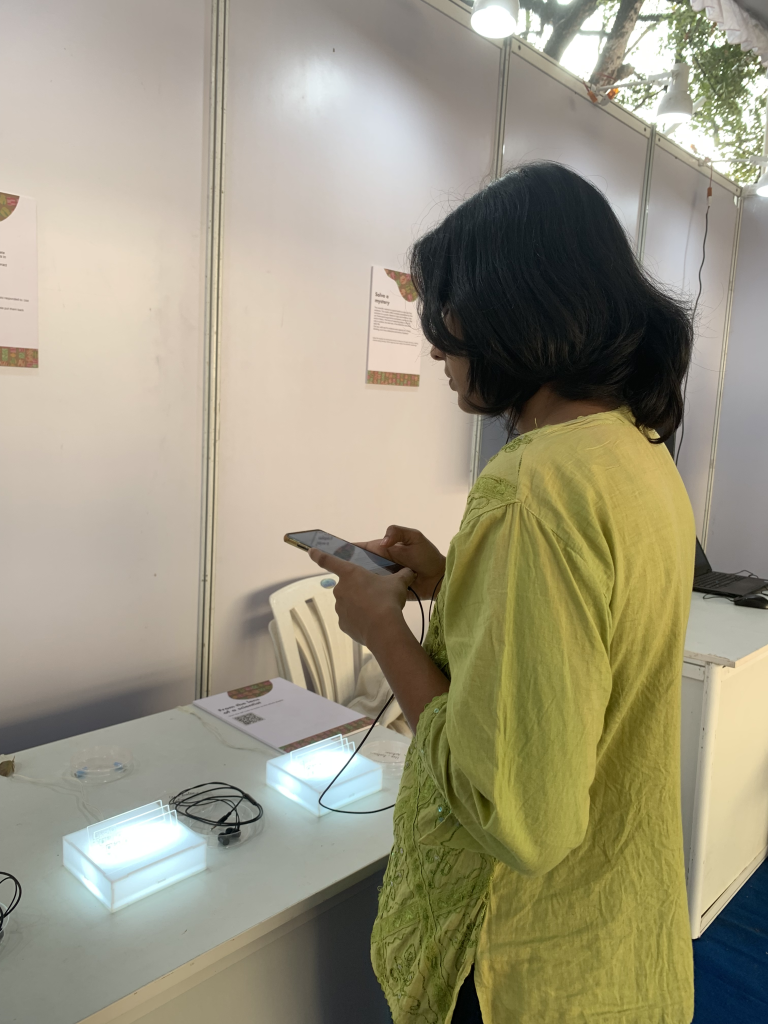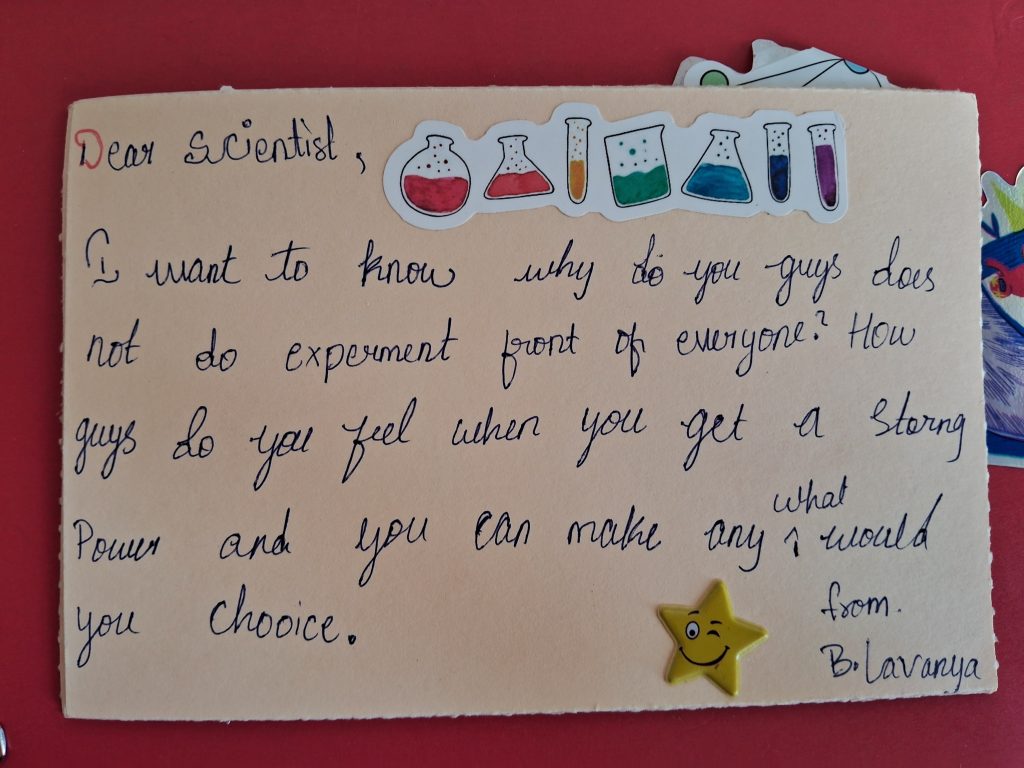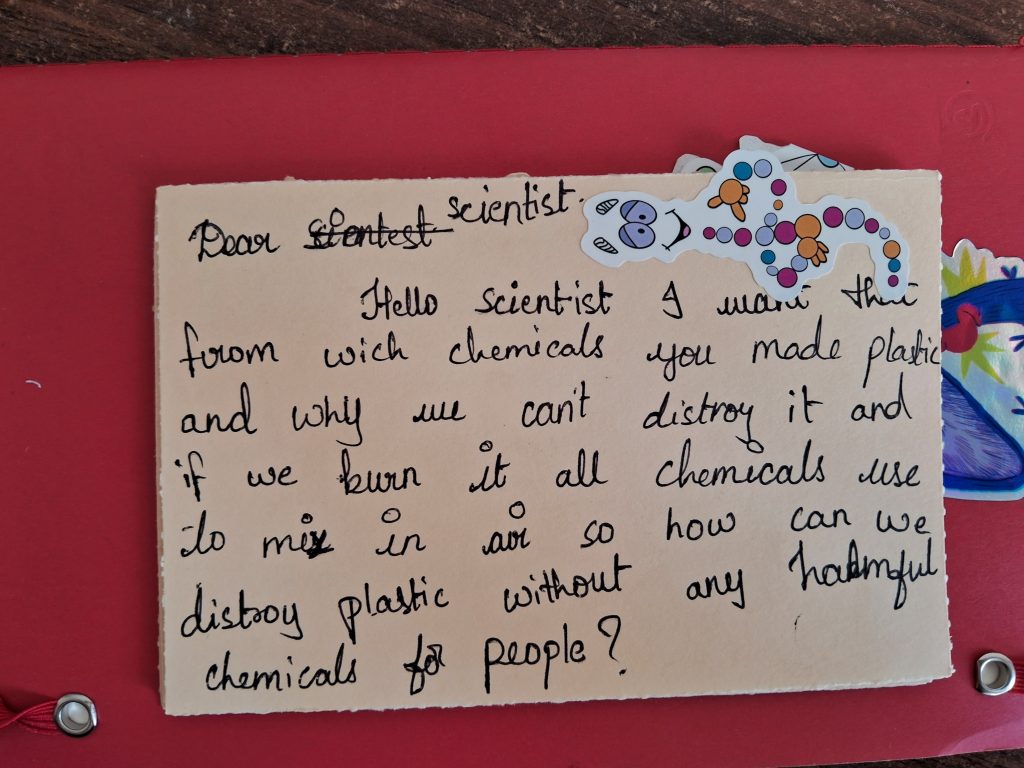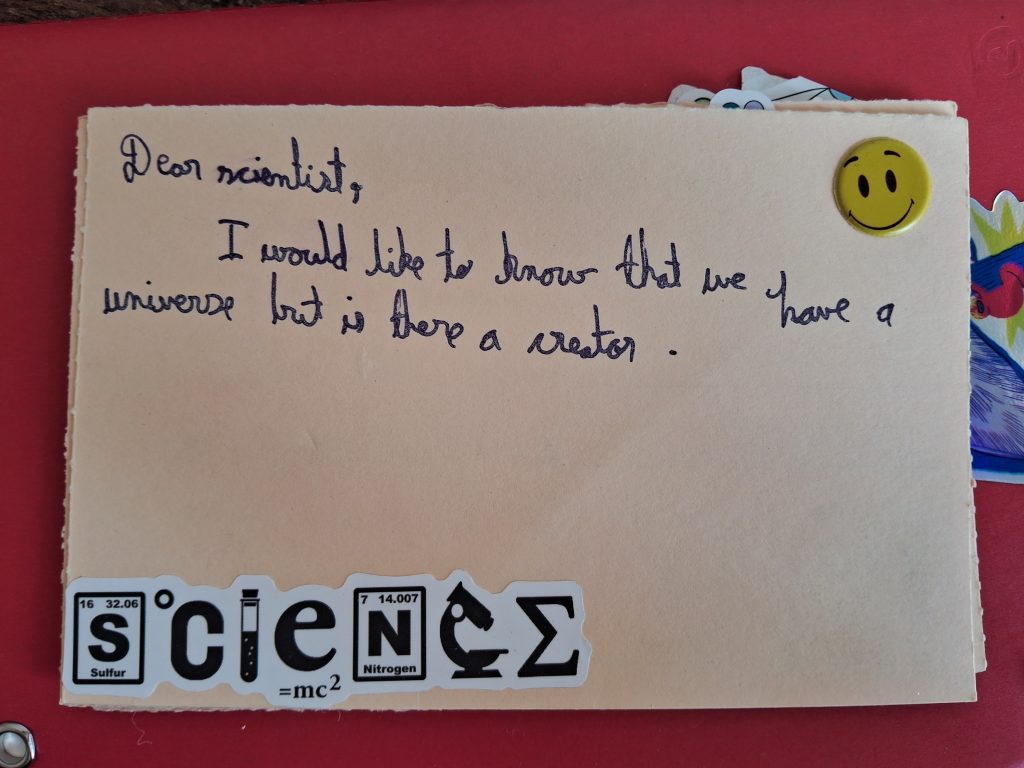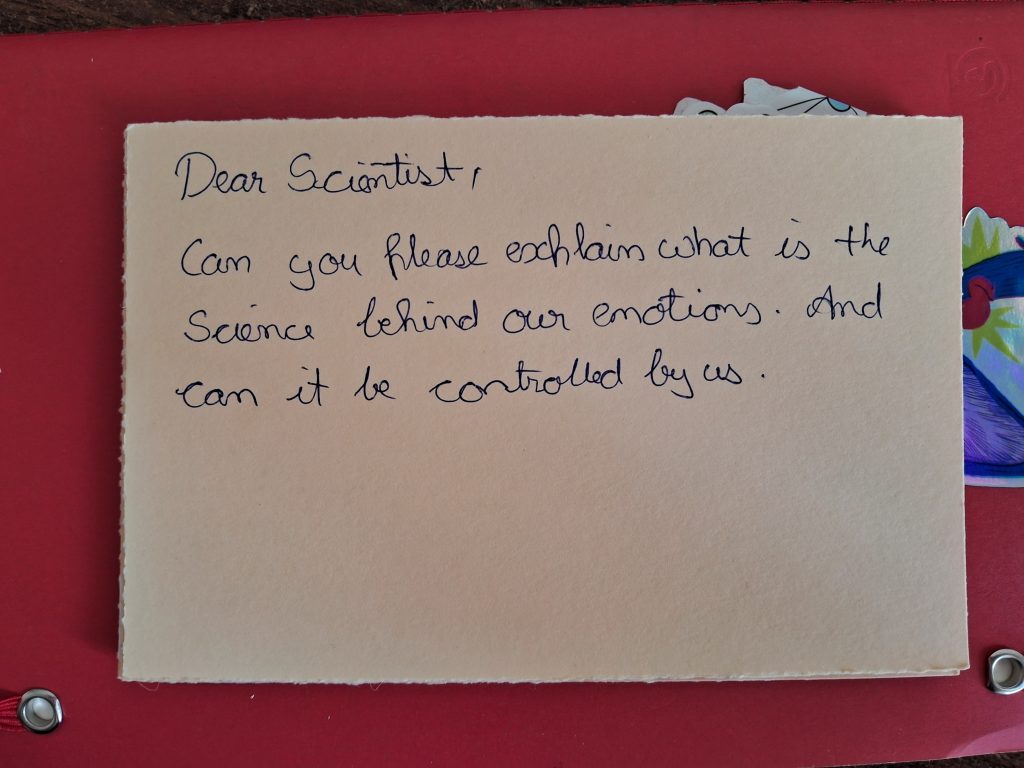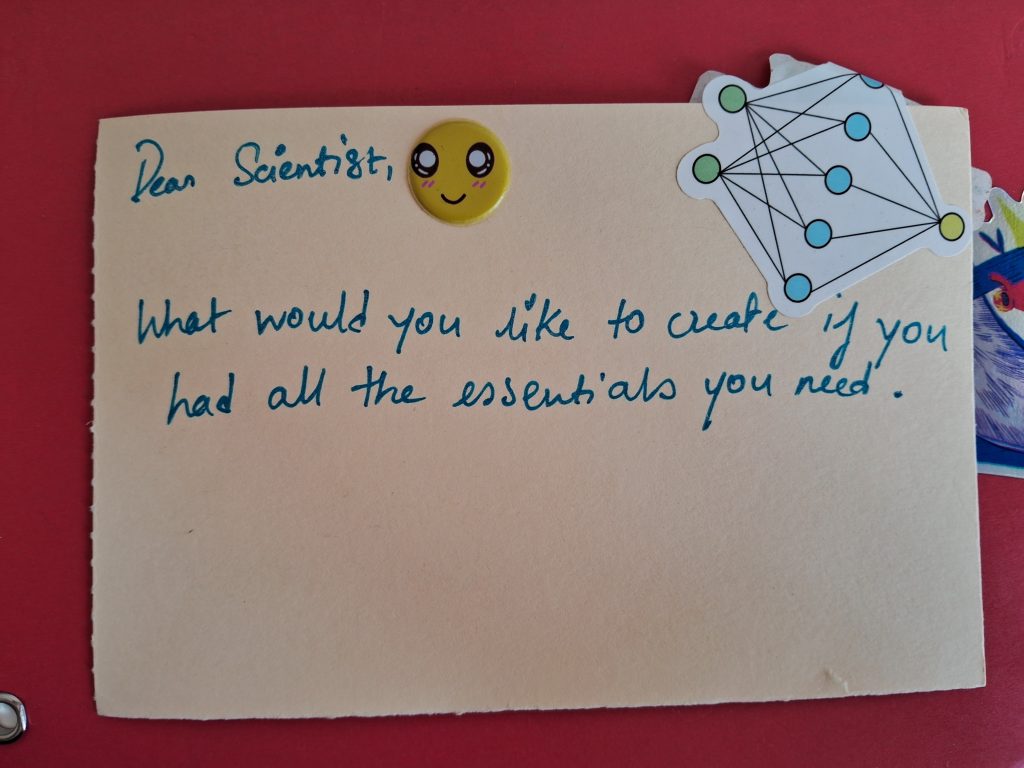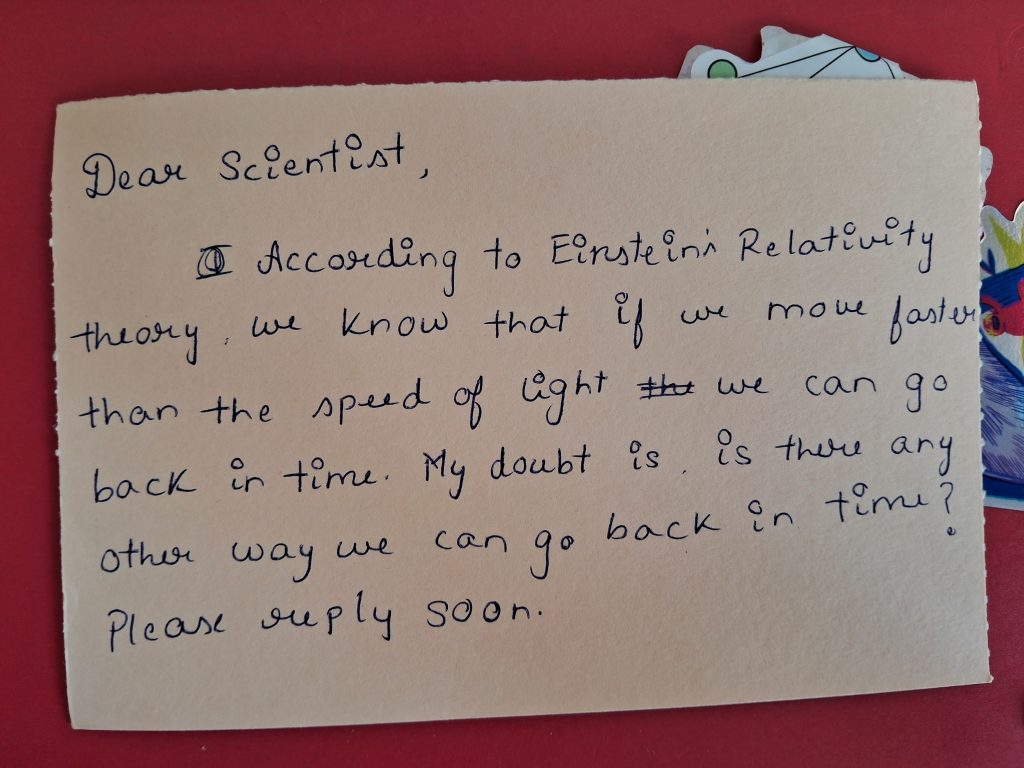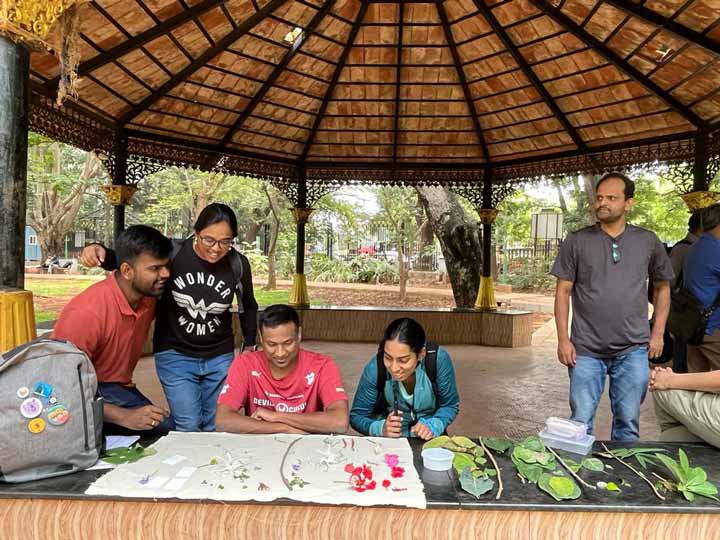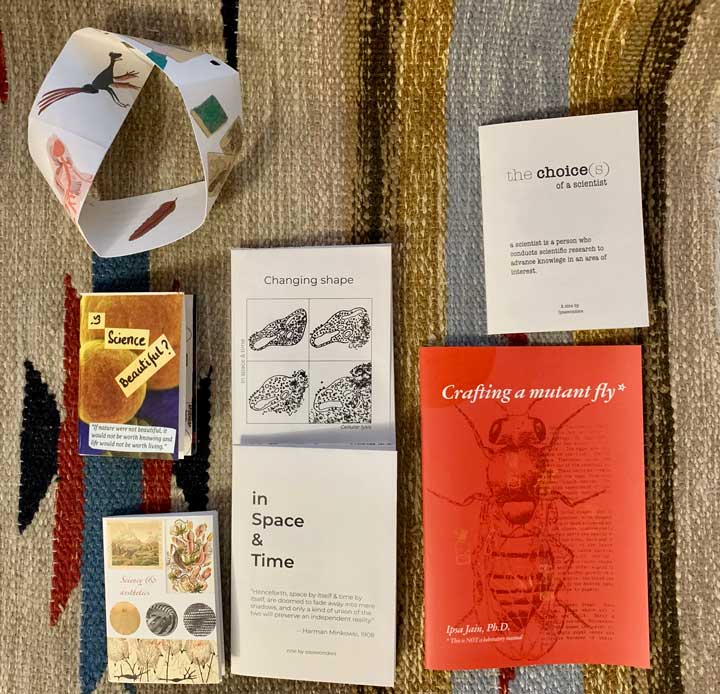Our constitution requires the citizen to develop and imbibe a scientific temper. However, various cultural values and religious values often stand in tension with scientific values. Not only that, in the post-truth era, there is a rise in mistrust of scientific evidence and a greater disregard for scientists. Scientists are perceived and represented as villainous creatures in several popular media.
There is a need for better dialogue among the scientists, and other public(s) in the country. Several efforts local and national are working to bridge these groups in various capacities. While access to scientific information and access to scientists is a valuable strategy, not always does it result in acceptance of the evidence-derived knowledge and result in behavioral change. This was particularly evident during the pandemic when scientifically suggested good practices were not observed. It is also glaringly visible in inaction at all scales in the context of climate change emergencies. Can we provide a soft space for helping people embrace science as part of their existing lives?
A reading of Naomi Oreskes’s book, ‘Why Trust Science?’ during the pandemic specifically made me question our relationship with science and the level of ‘trust’/ ‘faith’ in science. I am particularly interested in the question: when people trust/ mistrust science, do they not believe scientists? Or do they not trust the scientific process? Or do they not understand the scientific process? Or do they not trust the scientific enterprise (which is governmental and institutional)? After asking these questions I asked myself, why do I trust science? What makes science a robust knowledge-making system for me?
Through a learning process, and working with my collaborator, Debanshu Bhaumick, we were able to translate some of these ideas into an exhibition “(be)living science”. First presented (and partly supported by) India Science Fest, the exhibition consisted of multiple perspectives, displays, and interactions.
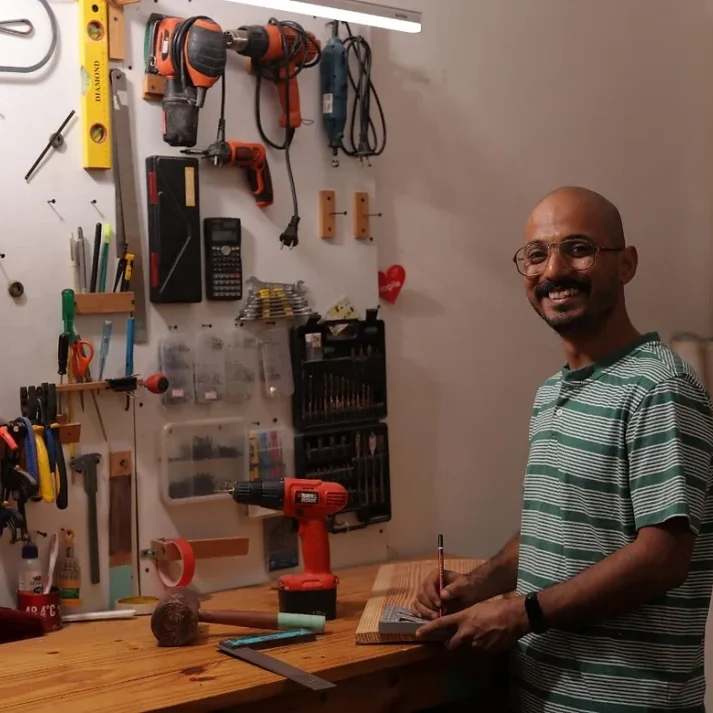
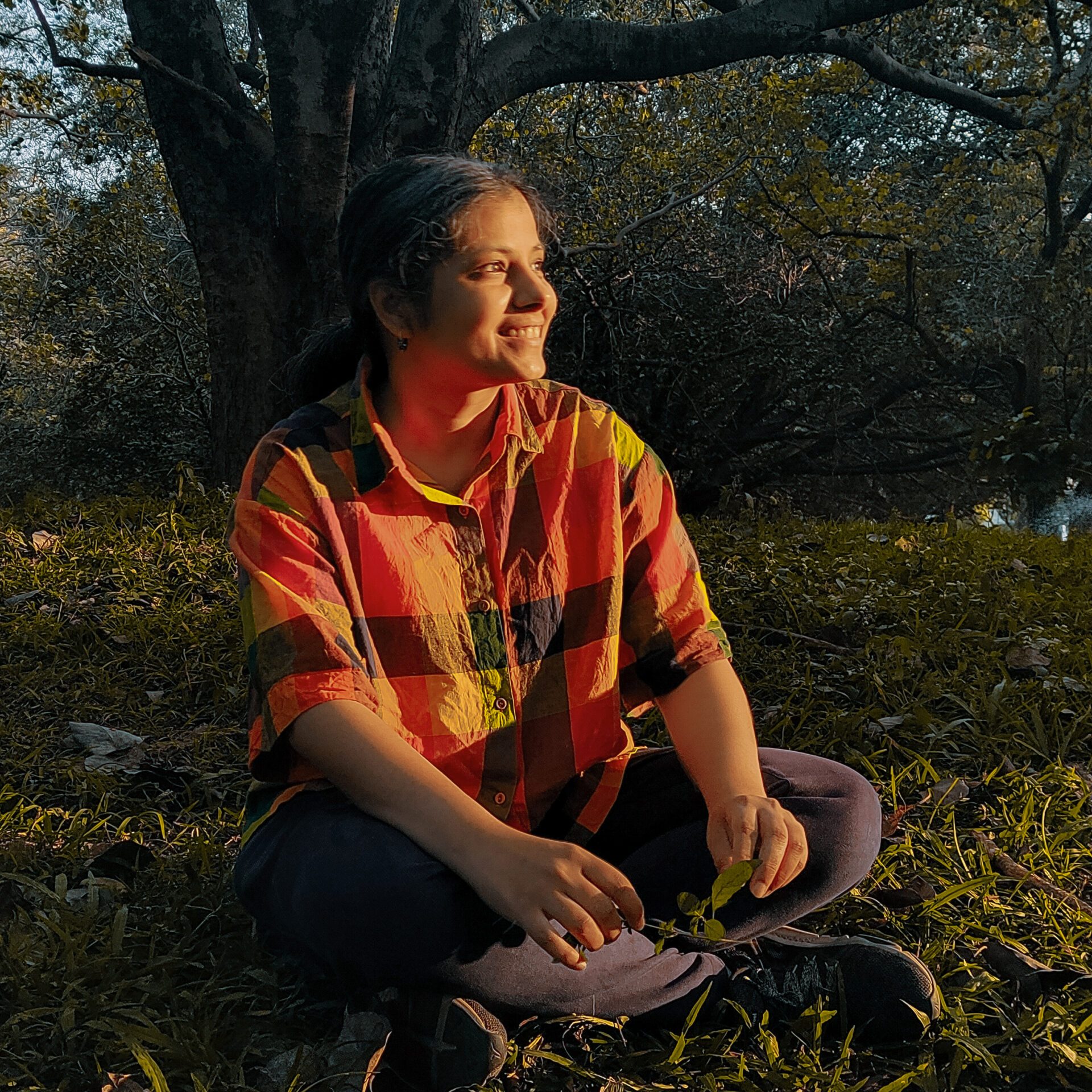
It explores what the public(s) think about science, scientists, technologies, faith, the need for science, goals achievable by science, and the future of science. It is realized through informative data displays and interactive exhibits.
You can contribute to our research by entering your responses to our form here:
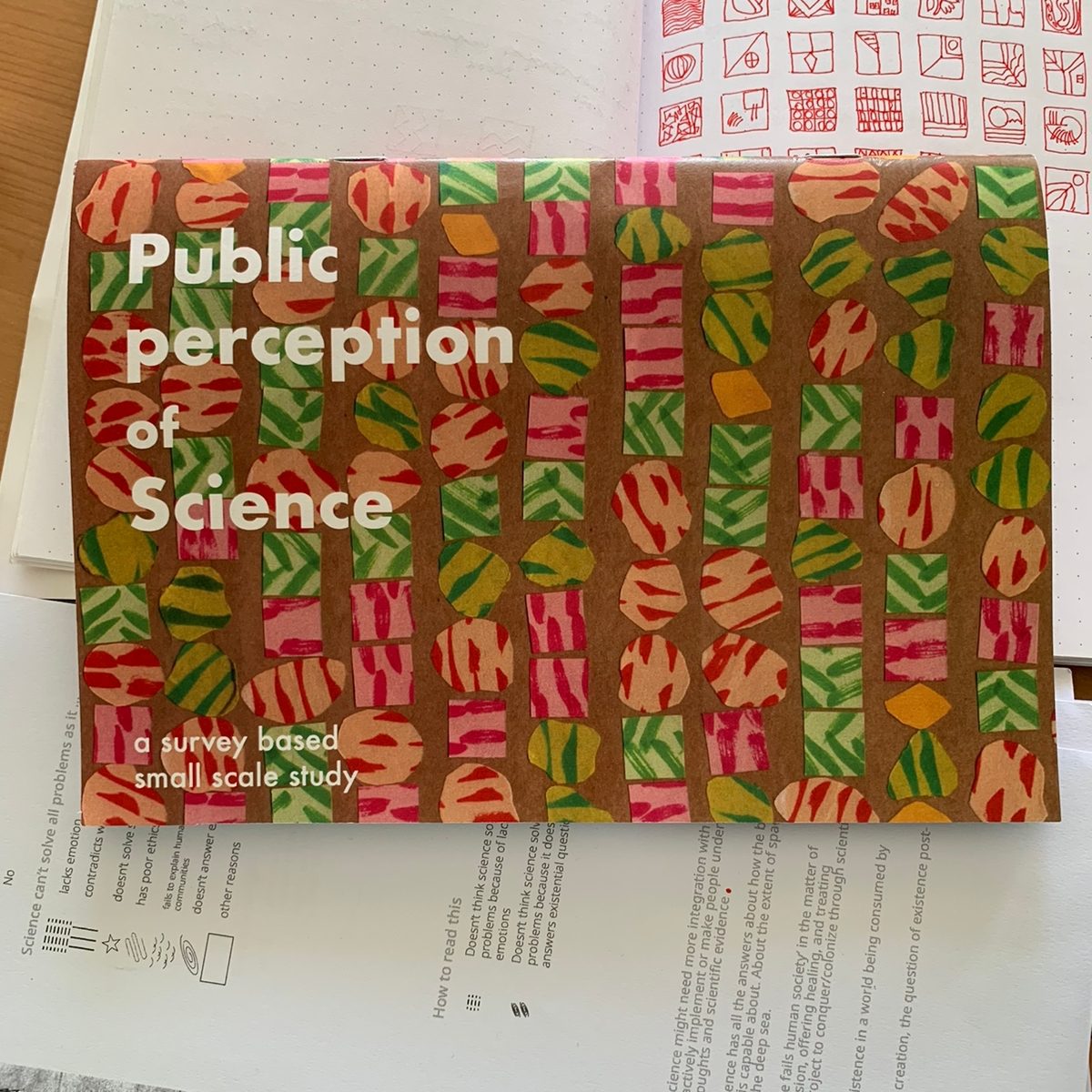
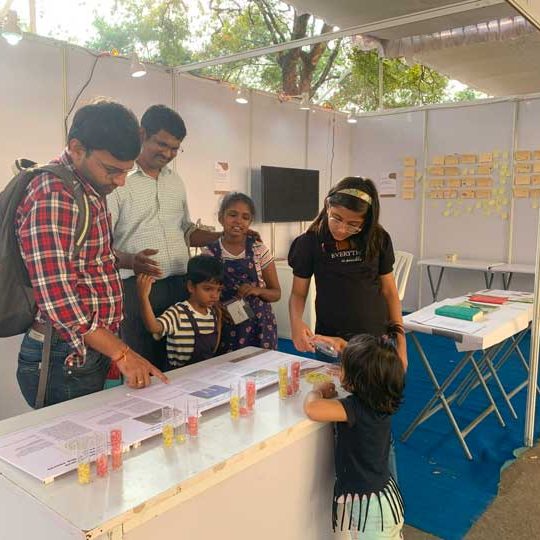
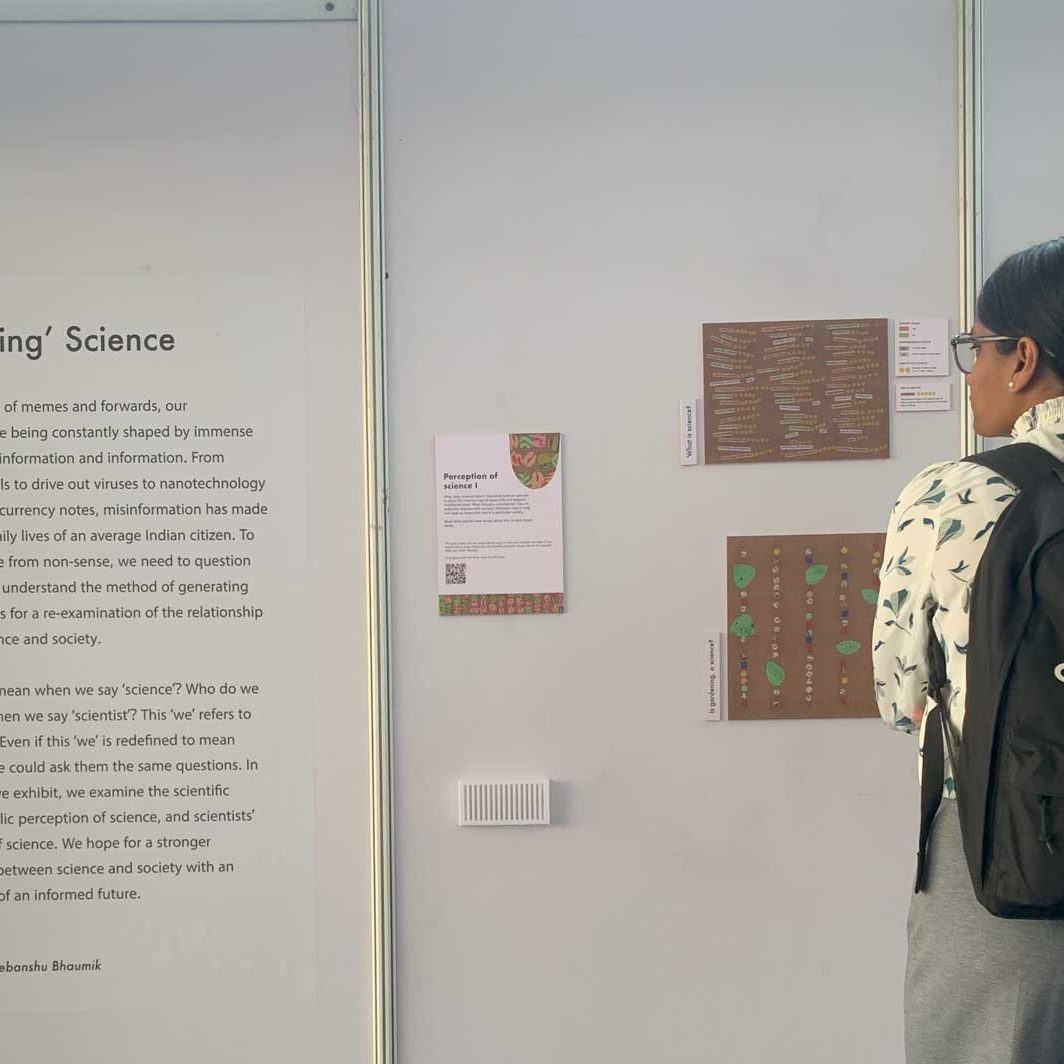
It explores what scientists think of society, their responsibility to it, choices for working on one field or idea over others, and the ethics of doing science via interviews. Scientists included in these interviews: Dr. Prajval Shastri, Dr. Anish Mokashi, Dr. R. Ramanujam, Dr. Jasjeet Bagla, Dr. Abhijit Majumder, Dr. Sudha Rajamani, Dr. Neeraja Sankaran, Dr. Lipi Thukral. Sound design by Devraj Bhaumik.
It asks the audience to make choices, the kind that scientists make every day, where all choices have their own merit. Can society be included in these discussions on what kinds of research should scientists spend their time, money, and effort?
It creates a way for the public to tell scientists what they wish from science or scientists directly. Do they have questions, concerns, or complaints?
In the future, we hope to expand on this work and create a more impactful body of work. If you would like to collaborate or support this project, reach out to either me or Debanshu Bhaumick.
Parts of this project were also exhibited at YIM 2023 at IITGN, supported by IndiaBioscience, and the Curiosity exhibition at IIT, GN curated by Arghya Manna.
